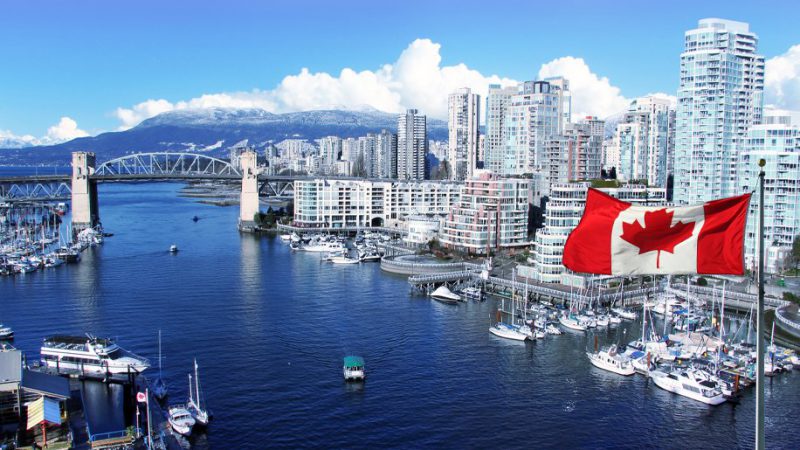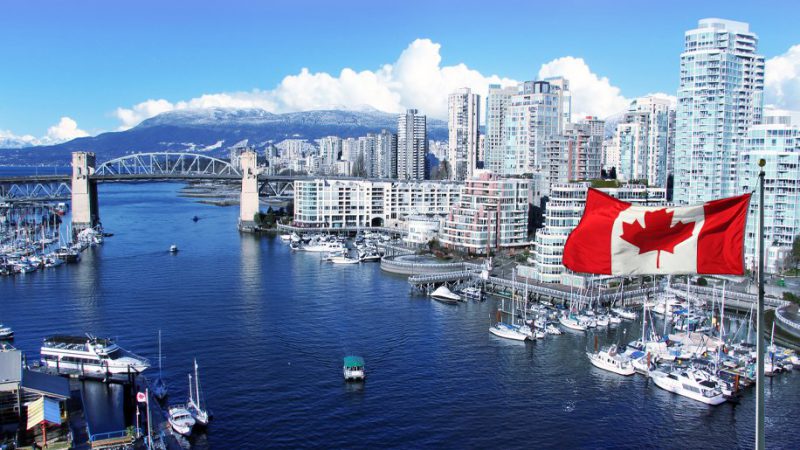O(pen) Canada?
As the latest deadline for reopening the US-Canadian border approaches, there are hopeful signs for an easing of some travel restrictions
July 14, 2021


In June, the government of Canada once again announced that the country’s strict anti-COVID-19 travel restrictions would extend at least until July 21. The announcement marks the 15th such extension since restrictions were put in place in March 2020 – including a ban on non-essential travel with the US.
However, Canadian officials did temper the news of yet another postponement by easing restrictions on certain groups of fully vaccinated travelers, specifically Canadian citizens, permanent residents and eligible foreign nationals.
To be considered fully vaccinated, travelers must have received all recommended doses of one of the four Health Canada-approved COVID-19 vaccines – Pfizer-BioNTech, Moderna, Oxford-AstraZeneca or Johnson & Johnson. A person is fully vaccinated two weeks or more after receiving a “full course” of the vaccine, meaning both shots of vaccines that require them (see CDC vaccination guidelines here).
Beginning July 5, eligible fully vaccinated travelers can avoid the government’s 14-day quarantine requirement. In addition, those returning to Canada by air will no longer be required to spend three days in a government-approved hotel when reentering the country.
Even so, the government says all travelers regardless of citizenship are still required to follow current testing and quarantine requirements, including pre-travel testing and testing on arrival.
Travelers entering Canada must use the ArriveCAN mobile app to provide necessary information, including proof of test results and vaccination. ArriveCAN is available for iOS, Android and online here.
More Easing Ahead?
While Ottawa is easing travel requirements for Canadian citizens, the same is not true for non-essential travel from the US, at least not yet. Nevertheless, the government’s move has left travelers and governments on both sides of the world’s longest border cautiously optimistic.
The latest extension of Canada’s travel restrictions expires on July 21. But while the government could always push reopening out for another month – as they’ve already done every month since March 2020 – there is hope the next round may involve a less stringent set of rules for fully-vaxed foreign visitors.
For one thing, Canada’s COVID-19 case counts and hospitalizations are heading downward while the number of Canadians who have been vaccinated continues to rise. According to government data, average case counts have dropped by 91 percent since the mid-April peak of the third wave. Hospitalizations have dropped 74 percent and daily deaths are down 67 percent.
“Careful reopening is important – that will help keep virus levels low,” Theresa Tam, Canada’s chief medical officer, told a press conference last week. “Summer is looking pretty good.”
At a June press conference, Canadian Prime Minister Justin Trudeau framed the question of gradual border reopening as a matter of weeks, not months. “The next step we’ll be looking at what measures we can allow for international travelers who are fully vaccinated,” Trudeau said. “We will have more to say in the coming weeks.”
However he stressed that nothing was guaranteed given the uncertainty of the COVID-19 virus. “We need to continue to ensure that the safety of Canadians, of all the sacrifices that so many people have made over the past many, many months are not for nothing,” Trudeau said.
At the same time, the prime minister dashed any expectations of a quick return to a totally open border. “If you are wondering when unvaccinated tourists can come to Canada, I can tell you right now that’s not going to happen for quite a while.”




